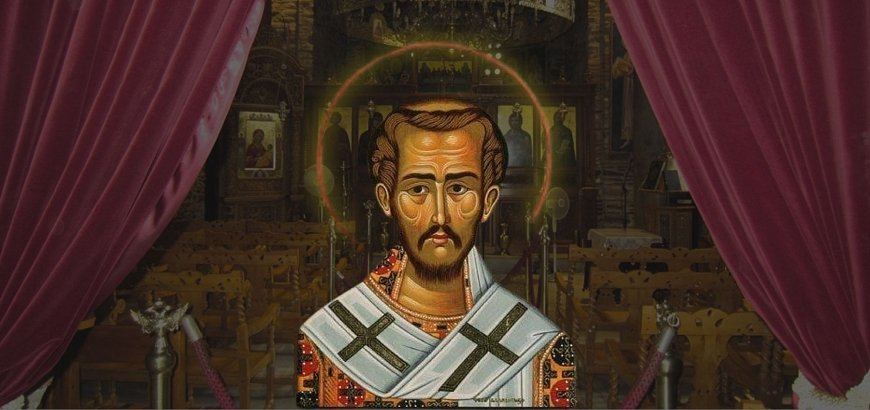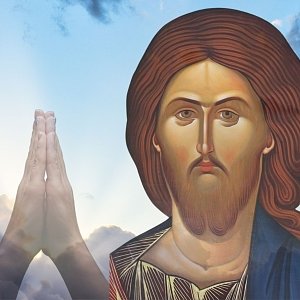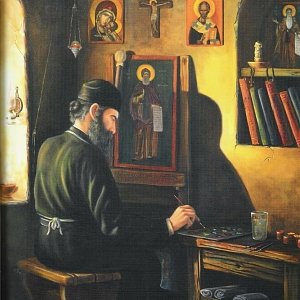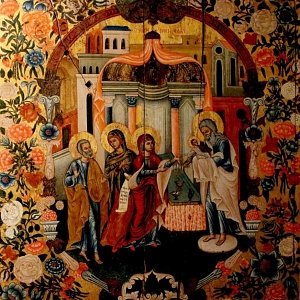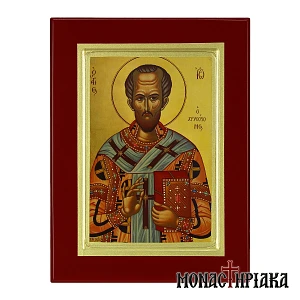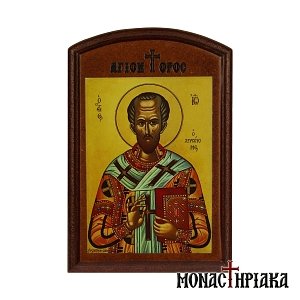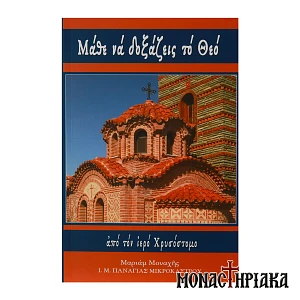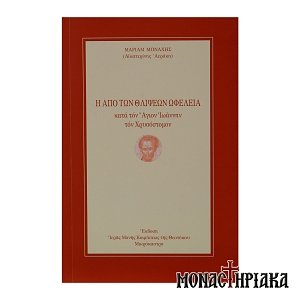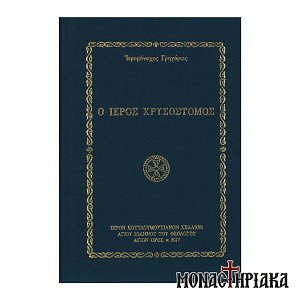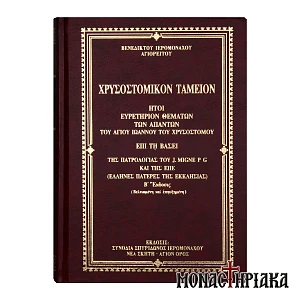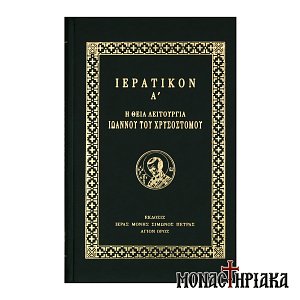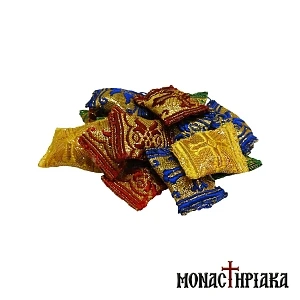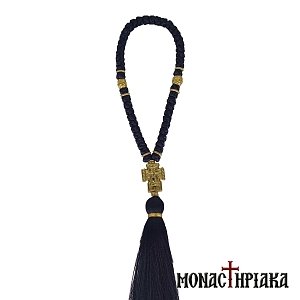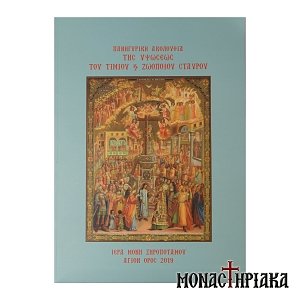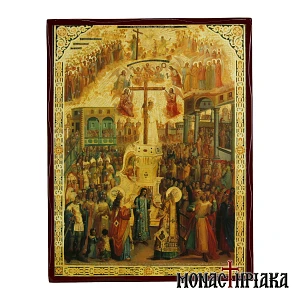Sayings of Saint John the Golden-mouthed
Saint John Chrysostom or the Golden-mouthed left behind a great work of theological content, consisting of letters, sayings and speeches. Some of his wise bywords are mentioned below:
- Birds have wings to avoid snares and people have reason to avoid sins.
- Respect each other, so you can learn to respect God. He, who is insolent to men, is insolent to God.
- If any sorrow is presented to you, lean into the New Testament, as if it is a remedy.
- Nothing is more precious than a human being, despite the fact that they are and remain mortal.
- Our Lord accepts the one who comes at the last moment in the same way that He rewards the laborer of the first hour.
- This is primarily the characteristic of the gentle: to overlook the injustices that happen to them, but to defend those who are wronged.
- We should not hate the heretics, but the heresy, not the person, but the wicked deed, the corrupt opinion.
- To make mistakes is human, to remain impenitent is nefarious, and the repentance is divine.
- When you feed the poor, think that you are feeding yourself.
- Truly rich is the one who has no need for anything, that is, the contented one.
- Every gentle and meek person is easily led to philanthropy because they consider the poverty of others as their own misfortune.
- Grief, anxiety, anger, and many worries disturb the mind and do not allow it to engage in rational thoughts.
- Sins are the causes of all evils. Sorrows, disturbances, wars, and diseases are owed to sins.
- Therefore, above all, we must mourn more for this reason: that, because the wicked have become numerous in our time, evils no longer bring shame to those who commit them.
- Words would not be needed if our lives were radiant. Teachers would not be necessary if we demonstrated deeds. No one would remain faithless if we were true Christians.
When and where did Saint John Chrysostom live
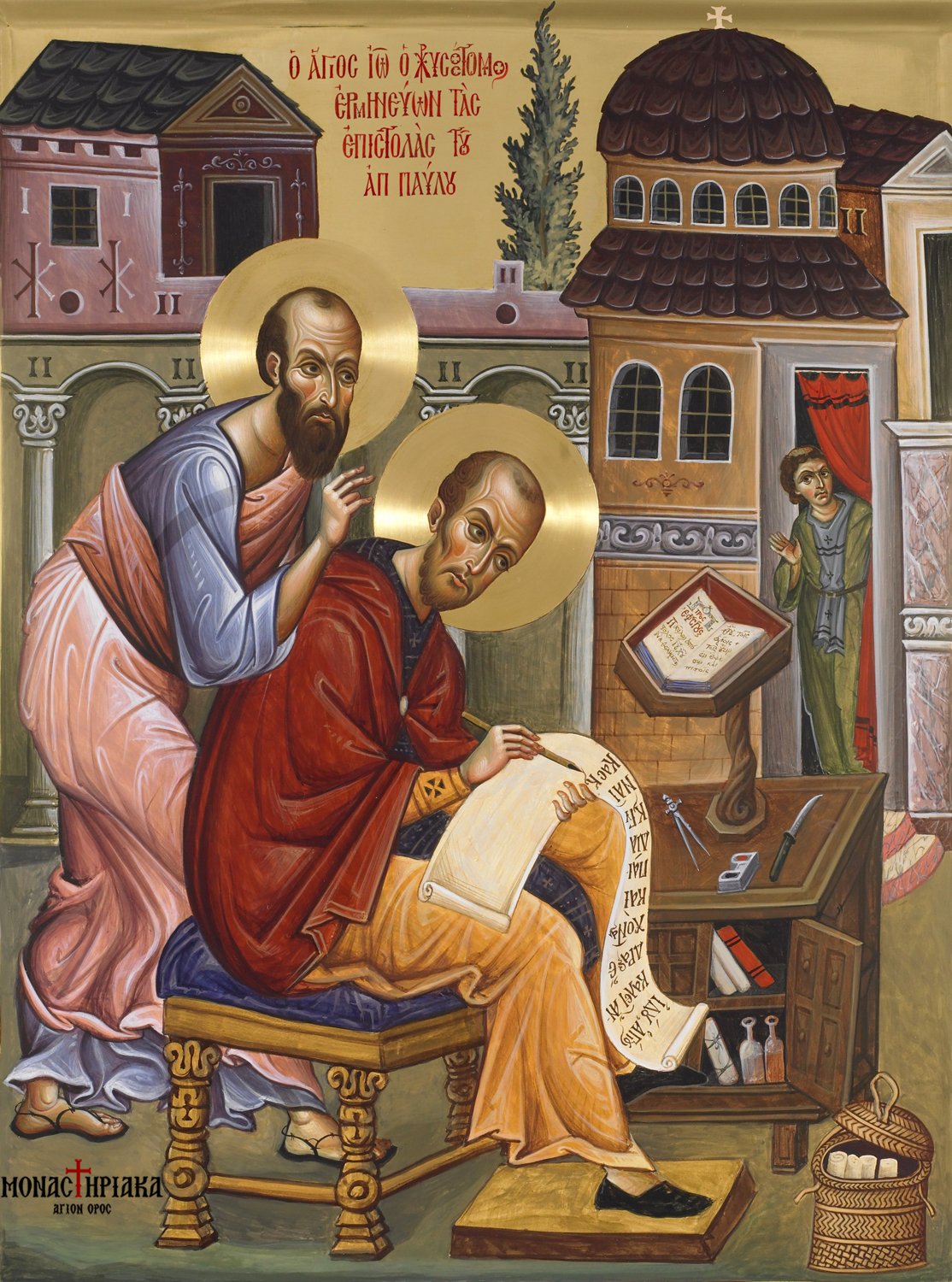
Saint John Chrysostom or Golden-mouthed was born in Antioch in 347 AD. Ηe was left an orphan at an early age by his father and he grew up under the care of his mother Anthousa.
Saint John studied many sciences in Antioch, but also in Athens, near Basil the Great. When he had completed his studies, he returned to Antioch and retired to the desert for five years.
There, he practiced asceticism through prayer and fasting, continuously studying the Holy Scriptures. After his ascetic life, he returned to Antioch, where he was ordained a deacon in 381 AD. Later, he became Archbishop of Constantinople in 397 AD.
Why is Saint John called ‘Chrysostom’ or ‘Golden-mouthed’
From this position, Saint John managed to write many works, of which, today, approximately 804 of his speeches are preserved. In every speech he gathered crowds of people, who wanted to listen to him.
His rhetoric was so impressive that when he preached it seemed as if gold flowed from his mouth. Thanks to his fluency and eloquence, he was called ‘Chrysostom’, that is ‘Golden-mouthed’. For that reason, Saint John the Golden-mouthed is considered to be the patron saint of orators and preachers.
It is important to note that the Divine Liturgy, which we celebrate almost every Sunday, is the work of Saint John, with just few interventions.
Here you can find icons of Saint John Chrysostom.
The Three Hierarchs
Saint John the Chrysostom was one of the Three Hierarchs and is considered an outstanding ecclesiastical writer. He made significant contributions, among others, to the transmission of Christian teaching and ancient Greek writings.
Thus, it was established by our Church to be also honored as the Patron of education.
Here you can find icon with the Three Hierarchs.
The Dormition of Saint John Chrysostom: When did he die and when is he celebrated
After countless hardships and sufferings, Saint John died in exile on September 14, 407 AD.
Due to the Raise of the Holy Cross, our Church decided to move the feast of Saint John Chrysostom to November 13.

